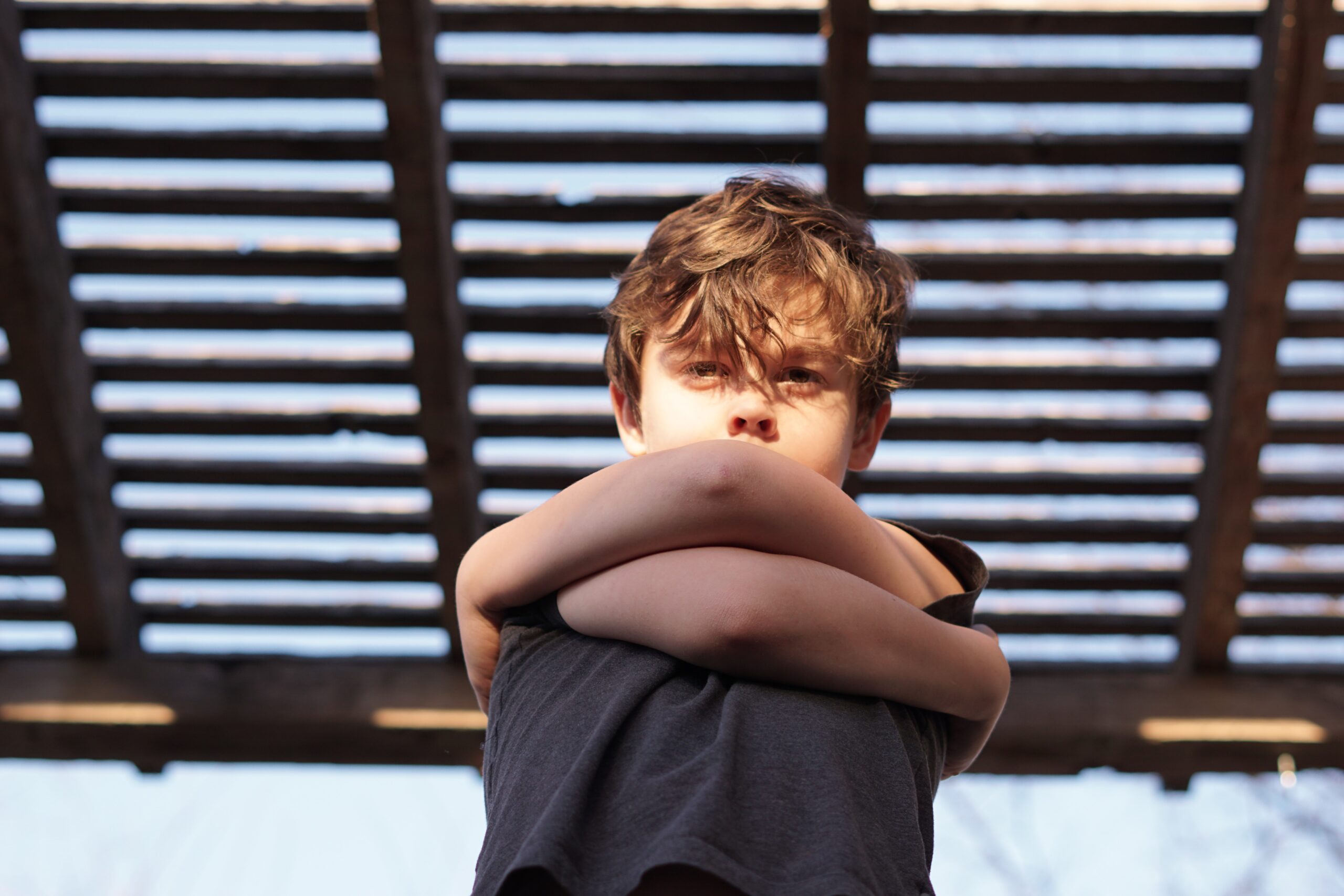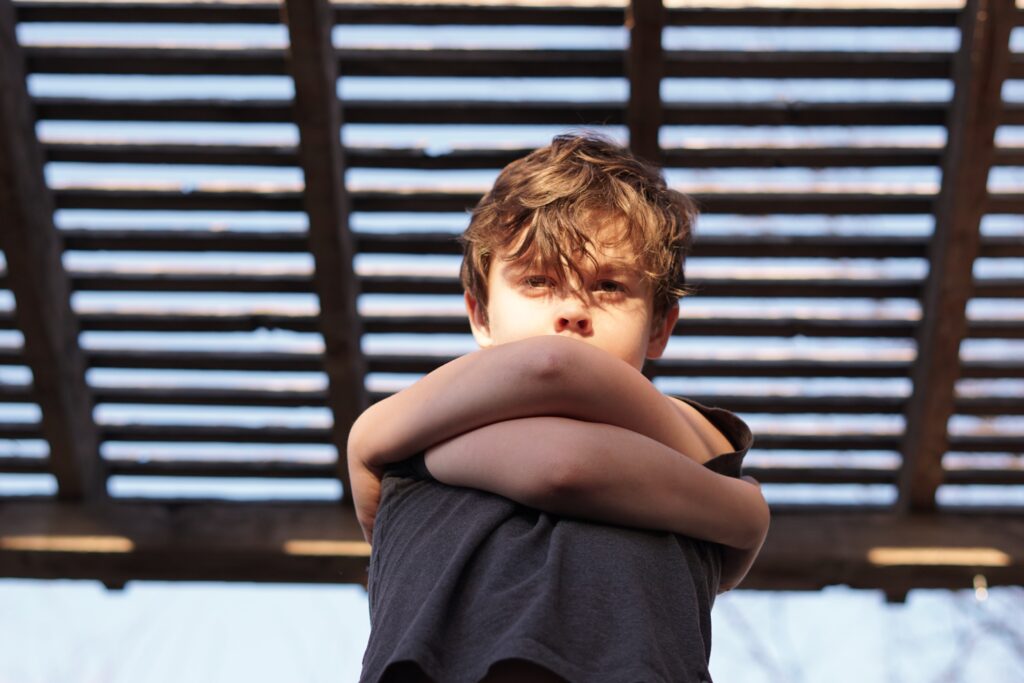
#Mentalhealthexperts share the signs #parents should look for — and how to act
The #COVID-19 #pandemic turned a new focus on the #mentalhealth of #children, with several reports noting an increase in #suicidalthoughts in #kids. One study found that hospitalizations for #suicidalthoughts increased 57% at the start of the #pandemic, with #children as young as 5 visiting #emergencyrooms in response to #suicidalideation.
In 2020, the #CentersforDiseaseControlandPrevention (#CDC) ranked #suicide as the second-leading cause of death in #children between the ages of 10 and 14. While #suiciderisk in #children is often discussed in the context of older #teenagers, experts say there is a very real risk in younger #children as well.
"#Suicide is rising among younger #children," Vanessa Laurent, a #pediatric #psychologist at Connecticut Children’s, tells Yahoo Life. "It is never too early to start discussing #suicidalrisk and increasing the protective factors in children’s lives."
#Suicidalthoughts "can occur in early elementary #school-age #children and in some cases earlier," which is why it's important to take a #child seriously if they talk about ending their life, Yesenia A. Marroquin, clinical #psychologist in the Department of #Child and #Adolescent Psychiatry and #Behavioral Sciences at Children's Hospital of Philadelphia, tells Yahoo Life. This isn't a conceptual thing — it actually happens, Stephanie Strumberger, a licensed clinical #counselor at Northwestern Medicine Woodstock Hospital, tells Yahoo Life. "Even as a #therapist that has been working with #children since early 2000, I am amazed at the young age at which #children even know the word #suicide," she says. "I have heard #children as young as 4 mention it."
There are a lot of helpful resources for #suicideprevention in #children, but it largely focuses on #teens. That makes sense, given that #teens are much more likely to die by #suicide than younger #children. However, data show that hundreds of younger #children kill themselves in the U.S. each year. So, what should #parents do their your younger #child expresses #suicidalthoughts? Here's what #mentalhealthexperts recommend.
#James Donaldson notes:
Welcome to the “next chapter” of my life… being a voice and an advocate for #mentalhealthawarenessandsuicideprevention, especially pertaining to our younger generation of students and student-athletes.
Getting men to speak up and reach out for help and assistance is one of my passions. Us men need to not suffer in silence or drown our sorrows in alcohol, hang out at bars and strip joints, or get involved with drug use.
Having gone through a recent bout of #depression and #suicidalthoughts myself, I realize now, that I can make a huge difference in the lives of so many by sharing my story, and by sharing various resources I come across as I work in this space. #http://bit.ly/JamesMentalHealthArticle
Find out more about the work I do on my 501c3 non-profit foundation website www.yourgiftoflife.org
Order your copy of James Donaldson's latest book,
#CelebratingYourGiftofLife:
From The Verge of Suicide to a Life of Purpose and Joy

www.celebratingyourgiftoflife.com
Why might young #children have #suicidalthoughts?
There are a lot of potential reasons young #children may consider #suicide. "#Bullying, #trauma and high conflict or neglect in the household are some causes," Hillary Ammon, a clinical #psychologist at the Center for #Anxiety & Women's Emotional Wellness, tells Yahoo Life. "I’ve also worked with a lot of #children in this age group who reported having #suicidalthoughts because they felt overwhelmed by their #mentalhealthsymptoms and believed they were alone in their experience." Many of these #children struggled with #anxiety and #depression, Ammon says.
Research into #suicidalriskfactors in young #children is "limited," but there are some suggestions that a #child may be at risk, Marroquin says. Those can include:
- going through multiple traumatic events
- family stressors, like #divorce and parental #substanceabuse
- #school challenges, including moving #schools and being suspended or expelled
- #mentalhealthdiagnoses like #depression and #ADHD
- family history of #suicidalbehavior
- #bullying
- housing instability
"Additionally, early exposure and overuse of #socialmedia may be linked to increased #suicidalideation, with factors such as post sensitivity — reaction to posts not being well-received — and #cyberbullying being key contributors," Laurent says.
How can #parents figure out if it's serious or attention-seeking #behavior?
Some #parents may assume a child's comments about #suicide are attention-seeking #behavior, but experts say it's crucial to pay attention to these remarks. "Always take it seriously, as we must prevent the risk of #self-harm or #suicide," Dr. Subodh Jain, division chief of psychiatry at Corewell Health, tells Yahoo Life.
Strumberger agrees. "When #children are seeking attention, there is always a reason," she says. "Something is going on. The best-case scenario is that they are trying to understand what it means and what would happen." Strumberger points out that a #child is "never 'too young'" to take their own life.
What #parents should do if their #child expresses #suicidalthoughts
If #parents notice any concerning #behaviors, Ammon recommends that they ask the #child what they are thinking and feeling. If a #child makes #suicidal comments, Laurent recommends pausing and taking a deep breath to lower the risk of overreacting. "#Kids are less likely to share their feelings and thoughts if they believe their #parents will be upset or reactive," she says. "Creating an open and validating environment is crucial to avoid dismissing or rejecting the #child experiencing #suicidalideation."
She suggests asking a #child direct questions about the nature of their #suicidalthoughts. Some examples:
- "What do you mean when you say you want to die?"
- "How long have you been thinking about killing yourself?"
- "Do you have a plan of how you would try to kill yourself?"
- "What do you think would make things better?"
- "What do you need from me?"
"#Parents should also increase parental oversight and supervision and express their love and support, as well as openly discuss their plan to connect the #kid with resources," Laurent says. "Additionally, it is highly recommended that #parents lock up any sharp, ingestible or dangerous items."
If a #child is experiencing #suicidalthoughts or #behaviors, Marroquin recommends that #parents reach out to their primary care provider to see if the #child may benefit from therapy. If families need immediate assistance, she recommends calling #988 (the #SuicideandCrisisLifeline) and seeking #psychiatric emergency services through their county’s mobile crisis team, local crisis center or nearest #emergencyroom.
"Remember, you know your #child best — their likes and dislikes, their typical rhythm and pattern, and when something seems 'off,'" Marroquin says. "Trust those instincts."
If you or someone you know is experiencing #suicidalthoughts, call #911 or the #NationalSuicidePreventionLifeline at #988 or 1-800-273-8255, or text HOME to the #CrisisTextLine at 741741.

https://standingabovethecrowd.com/?p=11412


No comments:
Post a Comment